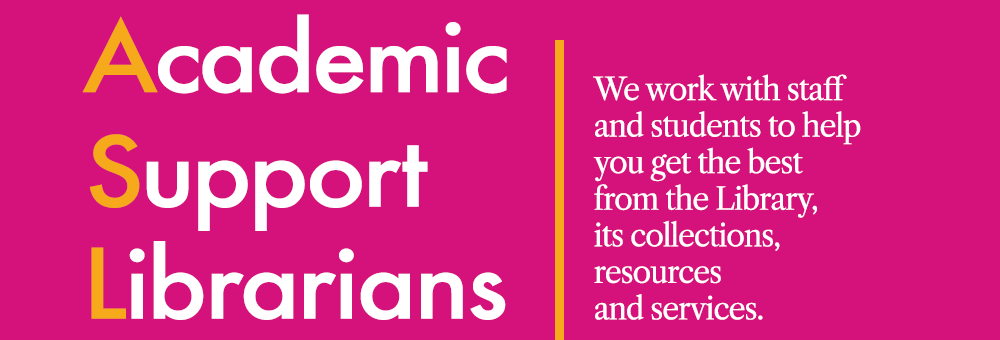
Computer17293866, CC BY-SA 4.0 , via Wikimedia Commons
On Tuesday 18 June, I flew half way around the world to attend the Atla conference in Long Beach, California. There were two questions that Atla delegates asked me that I had to pause and think about to answer. The first was ‘Why did you come such a long way to attend this conference?’ (the second was ‘Are you the library director? – well … no.). To answer the first, I was able to attend the Atla 2024 conference due to a generous travel grant from Atla itself, support from BETH (European Theological Libraries) and support from ABTAPL UK & Ireland. I was attending as a UK representative of BETH, but I also wanted to attend because of the unique theological library context, and because attending an international conference is a great learning experience. As at professional development events in the UK, AI dominated the agenda – here are some conference highlights.
- Diversity and Theological Libraries: Dr. Amir Hussain (Loyola Marymount University) emphasized the importance of comparative theology in diverse faith environments, stating that theological libraries should be sanctuaries for both people and books. Religion and theology are alive in multiple places in our institutions, not just the Theology faculty, and Dr Hussein promoted an inclusive view of theology in our life experience and environment.
- Knowledge Injustice: Kris Veldheer (Catholic Theological Union) discussed cultural assumptions in librarianship, influenced by historic colonial backgrounds, and advocated for more inclusive library practices like participatory research conversations, language diversity and fee elimination.
- Information Literacy: Kate Wimer (Portland Seminary, George Fox University) reflected on our information literacy approaches, highlighting the need for libraries to adapt to digital natives accustomed to information seeking on Wikipedia and iPhones. She proposed positively engaging students in research conversations that acknowledge their existing knowledge and help to build on it.
- Are we doomed? Ethical and Theological Implications of AI: Kathleen Harty and Dyan Barbeau (Sacred Heart Seminary & School of Theology Wisconsin) explored the use of AI in seminaries, emphasizing ethical considerations consistent with institutional values. Alison Graham (Princeton Theological Seminary) and David Schmersel (Austin Theological Seminary) considered the different forms of AI, and its relationship to the Imago Dei, or the concept that God created man in his own image. They focused on AI’s potential impact on human dignity and theological education, advocating for intentional, ethical use within theological libraries.
- Practical AI Applications: Steve Jung (Hope International University) shared ideas for utilizing AI in educational settings, from aiding in administrative tasks, tackling translations and enhancing student writing through editing and summarizing.
- Responsible AI Use: Romulus Stefanut (University of the South) highlighted his institution’s cautious, considered integration of AI into academic and administrative processes to enhance productivity without compromising academic integrity.
The conference also explored Atla’s continued evolution and expansion, including updates on its database and integration of new resources like the Catholic Research Resources Alliance‘s Catholic Portal. Enhanced tools for scripture search and plans for a research database covering religion and healthcare were also discussed.
Key takeaways for me included understanding more about Atla itself, how it works, and its benefits and services that are relevant to me and to ABTAPL in the UK. Primarily, though, it was useful to hear about AI and how colleagues in the US are reacting, responding and leading in this space. I particularly valued all their practical tips for making sense of AI in the library.
A fuller report on the Atla 2024 sessions will be published in the Bulletin of the Association for British Theological and Philosophical Librarians.

Pingback: Challenges, Changes and Collaborations– American Theological Library Association conference, Pittsburgh June 18-21 2025 | Academic Support Librarians